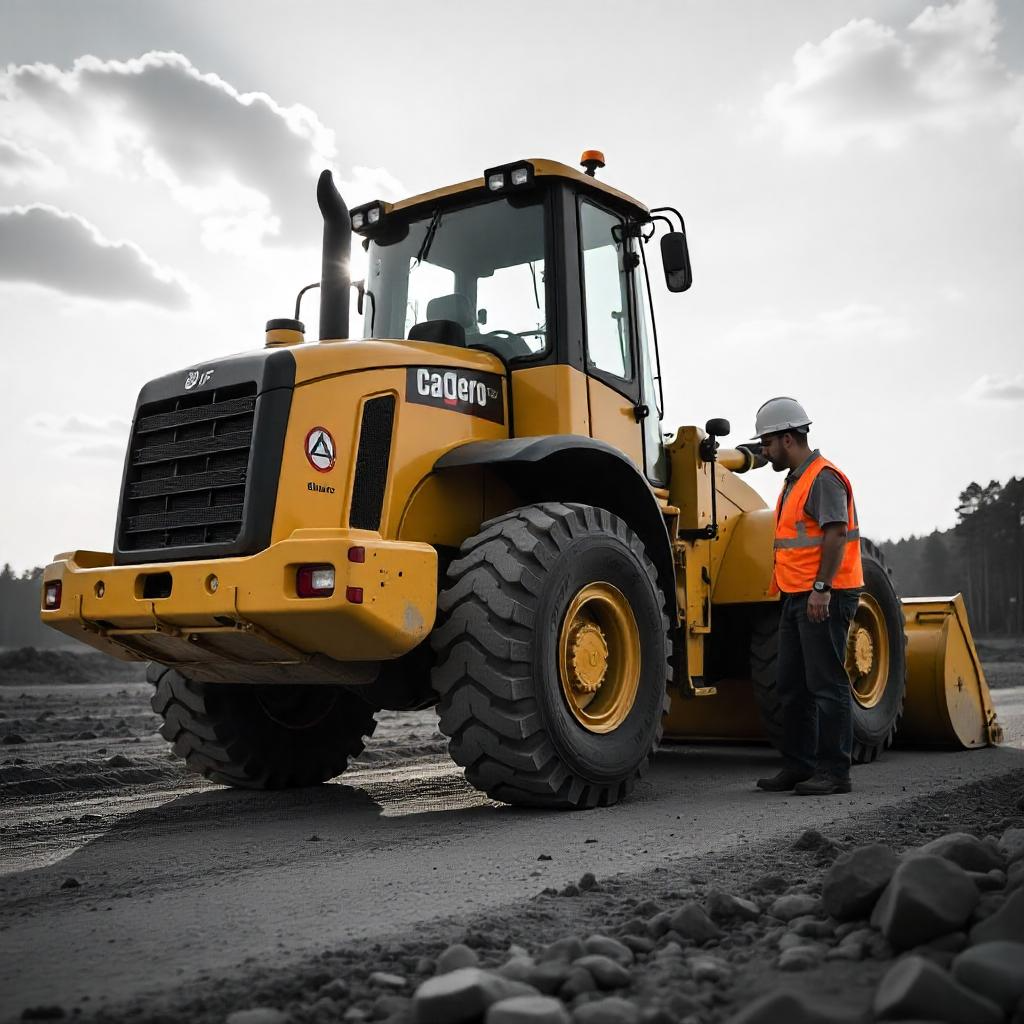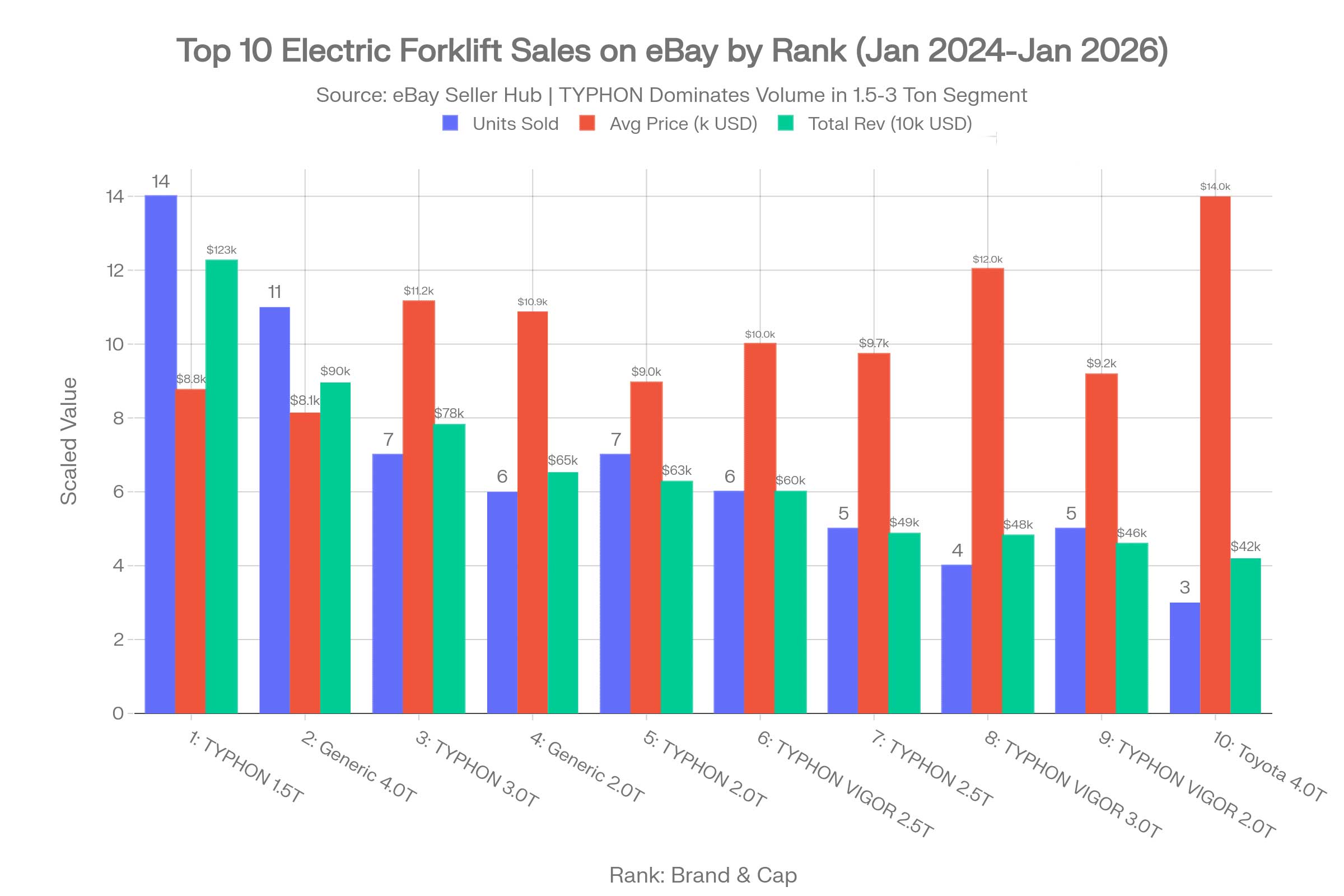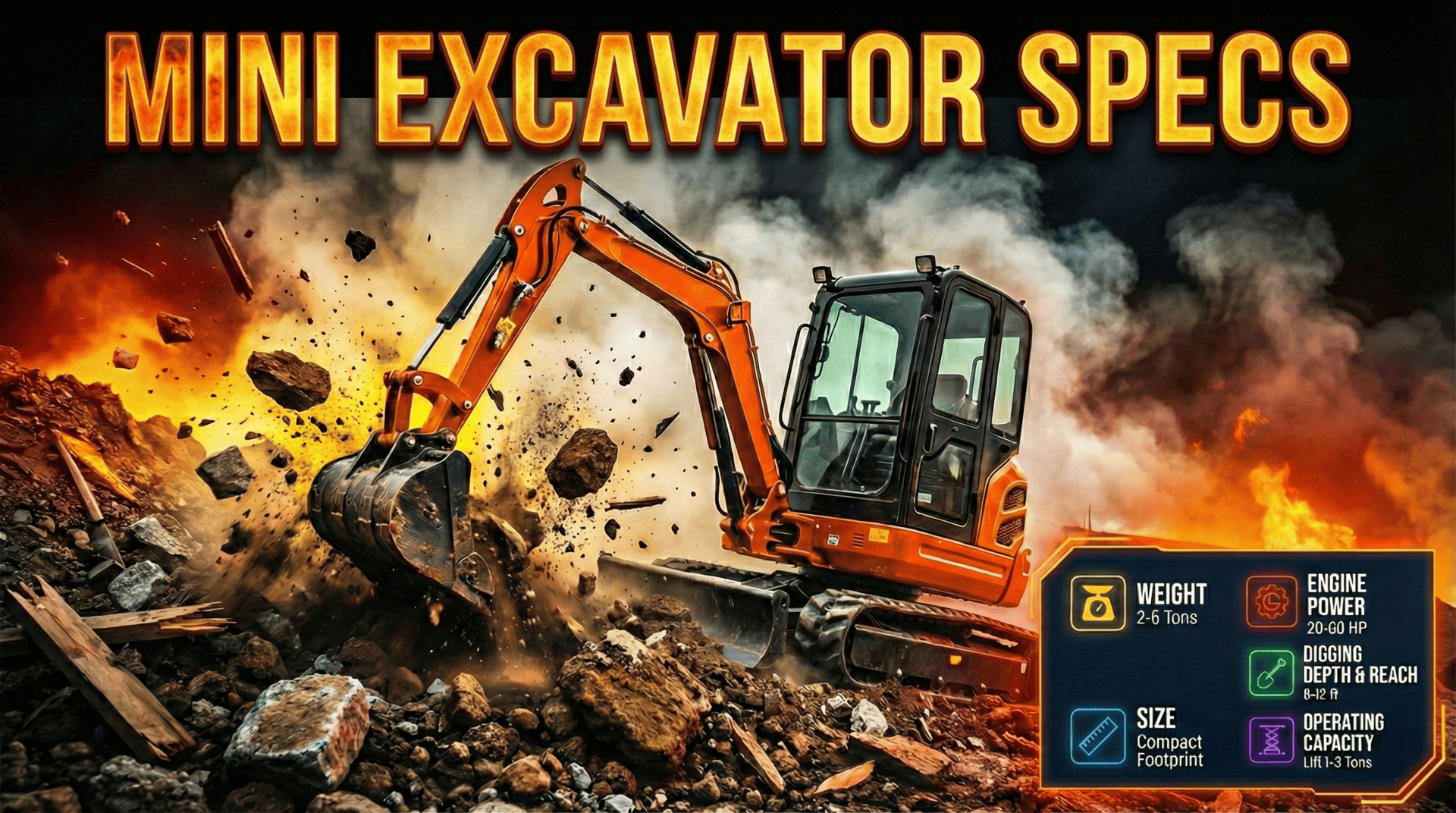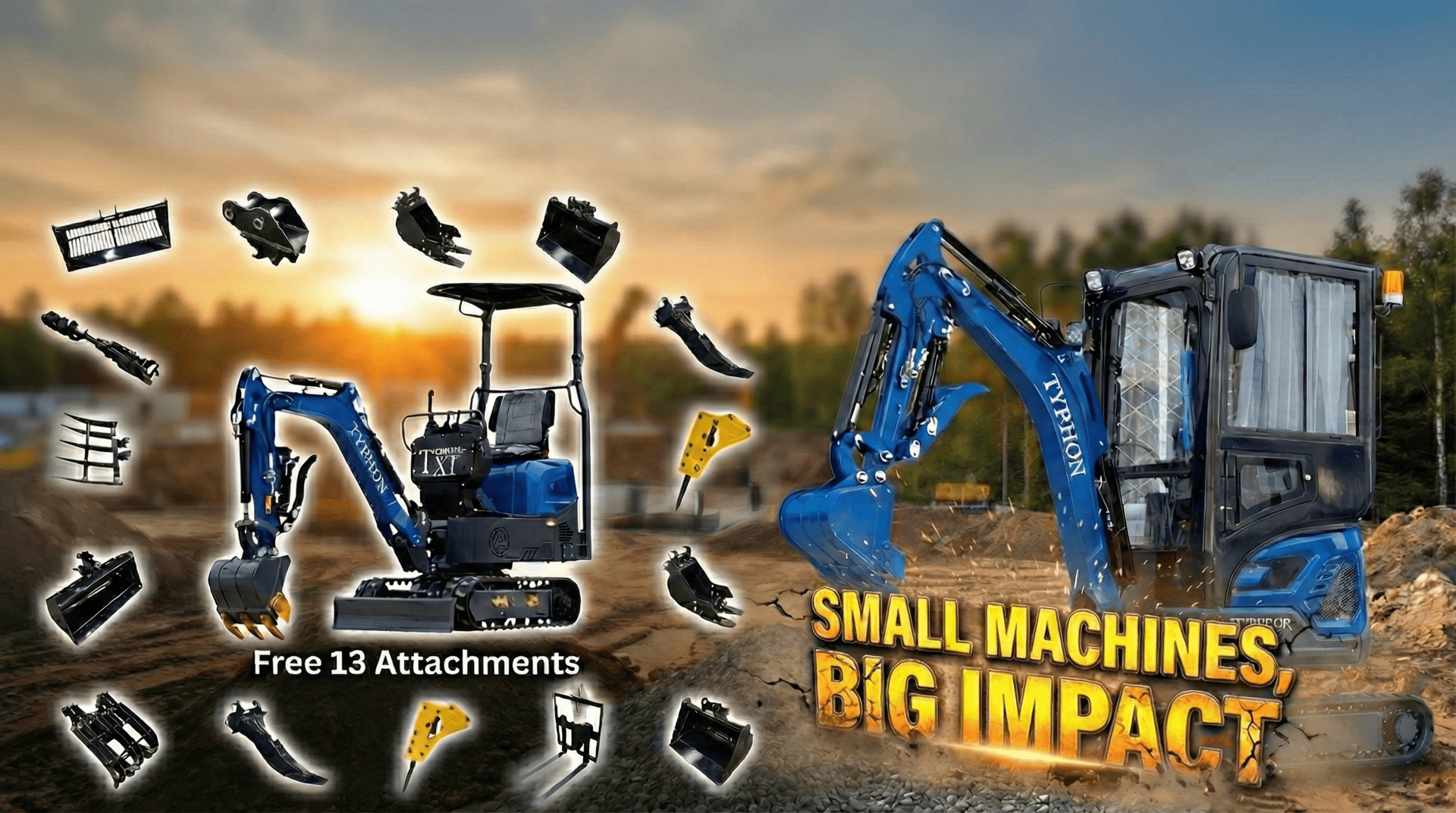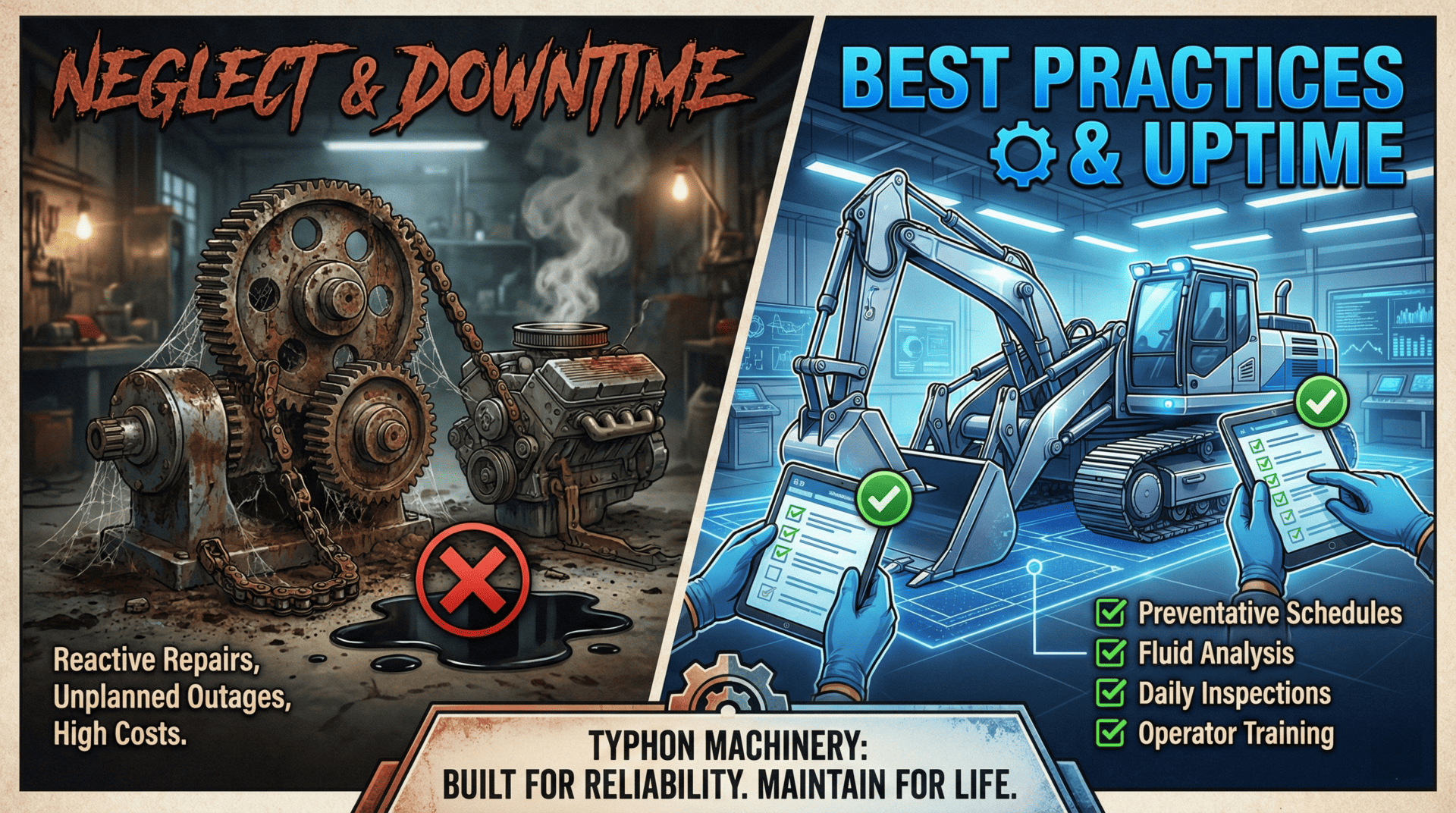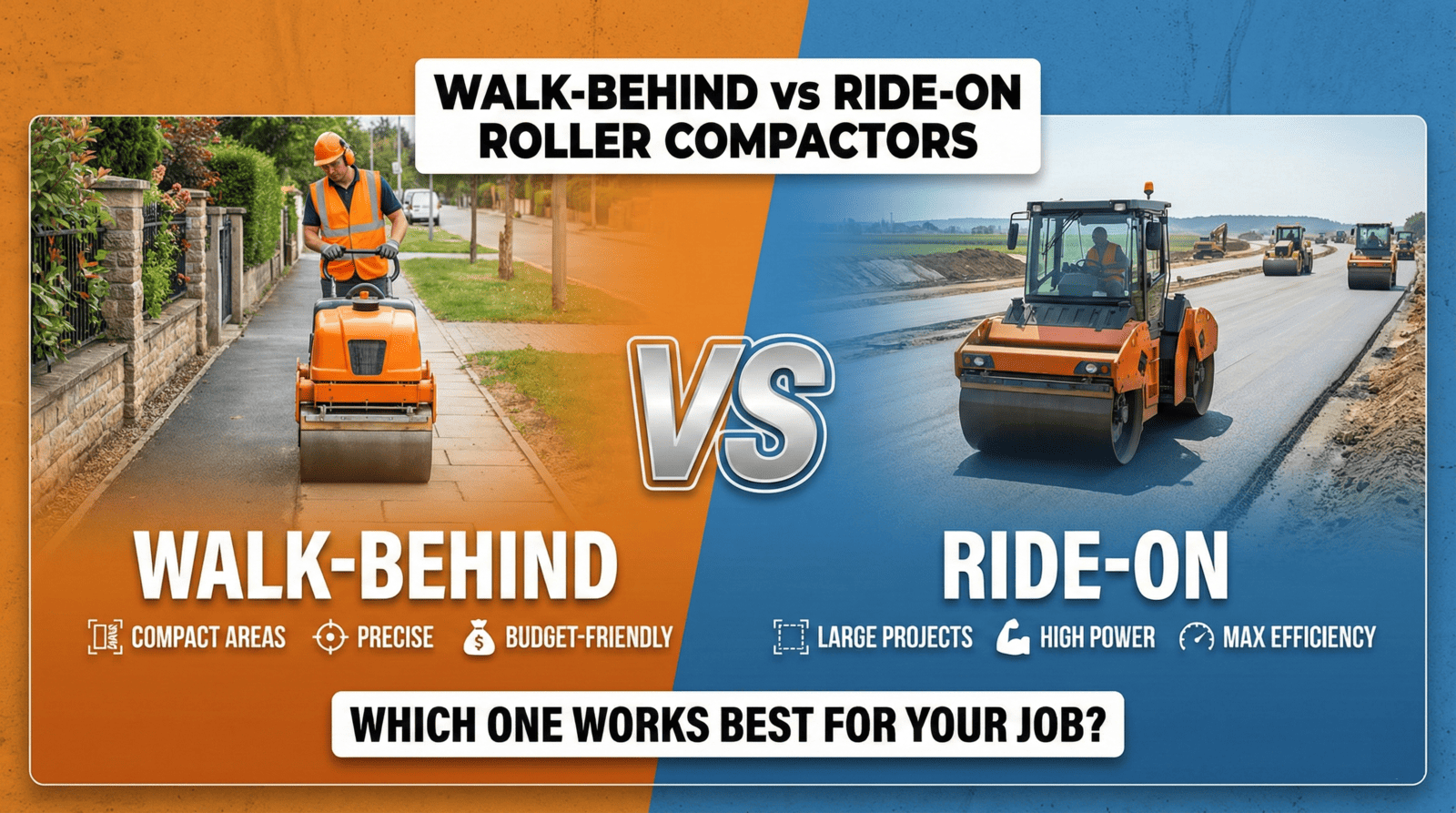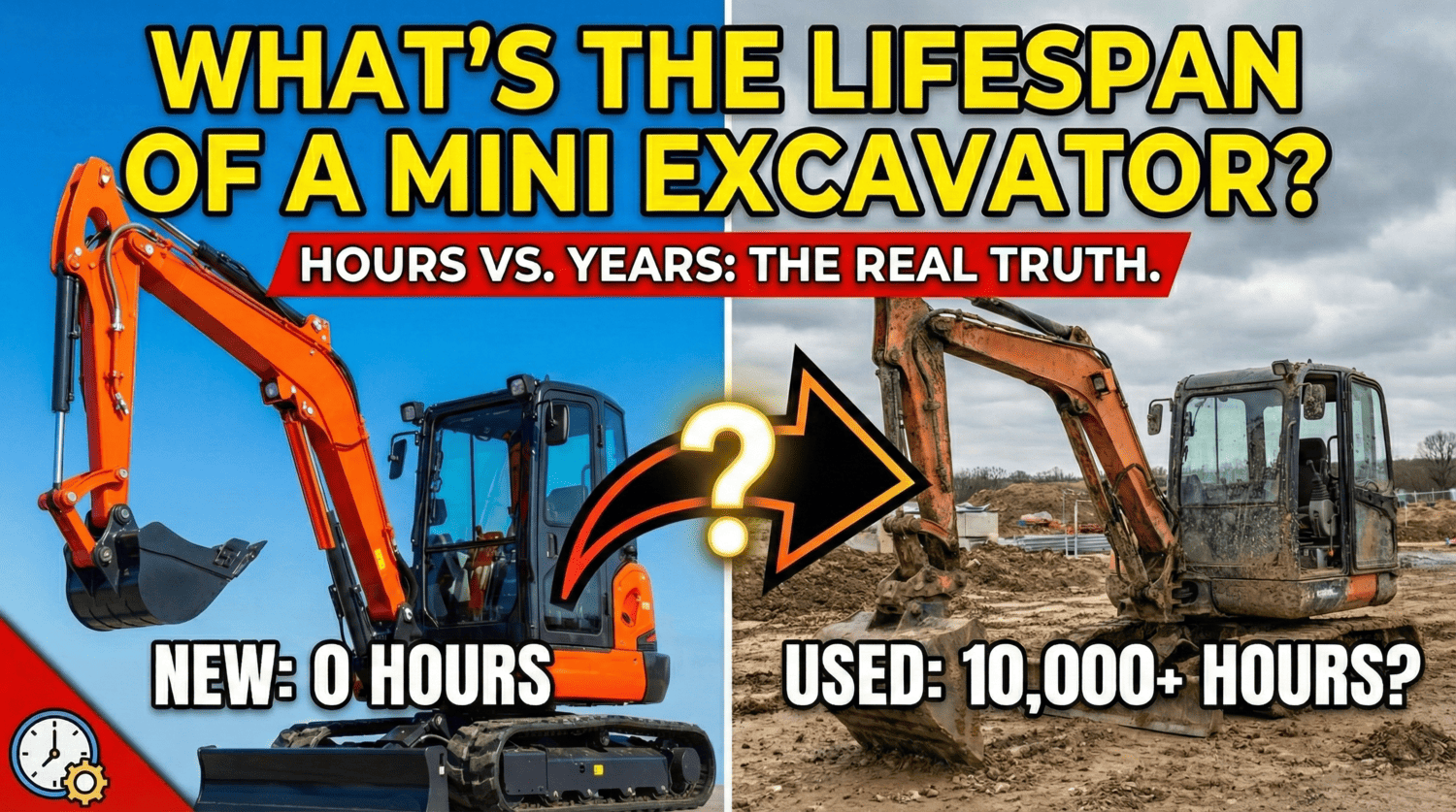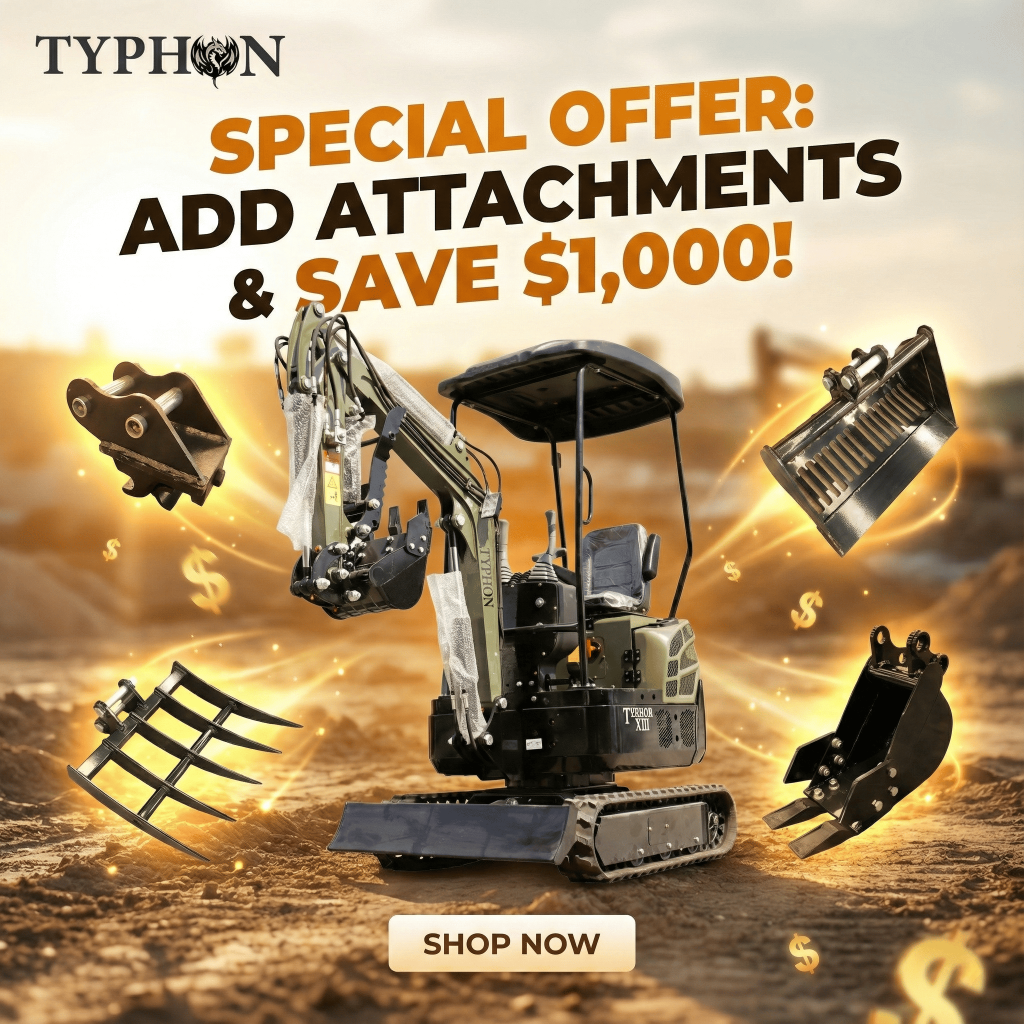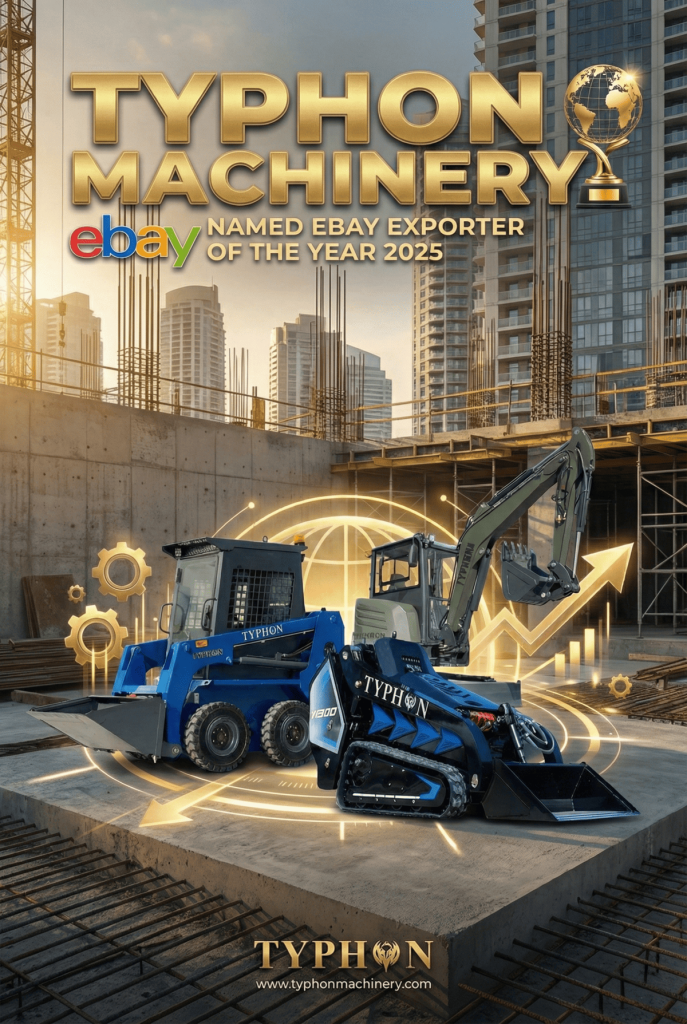Nevertheless, of where you shop or what type of machine you’re after, never forget the most crucial step — inspecting the wheel loader before buying. You want to understand as much about the machine as feasible to avoid any surprises and guarantee you get the deal you pay for.
Here are some inquiries to ask:
- How old is the machine, and what are its existing odometer hours?
- What were the machine’s earlier applications?
- What is the maintenance and assistance history?
- When was the previous service date?
- Does this machine have all its authentic parts? If not, what type of alternate parts are installed?
- Are replacement parts available if required?
- What technology or particular features does this machine have?
- Has it been reviewed to meet specific quality standards?
- Are there any guarantees available?
- What is your return policy?
- What is this loader’s horsepower and load capacity?
- What else should I know about this machine?
- How to Examine a Wheel Loader
How to Inspect a Wheel Loader
Knowing what to scan during an inspection could mean the difference between buying a machine that doesn’t meet your requirements and investing in a dedicated loader that will get the job done for years to come. Any reputed seller will allow for a machine assessment, whether that’s in person or through pictures and videos.
Follow this checklist when completing your examination:
- The bucket and teeth should be intact, and all linking topics should be structurally sound.
- Note any frame injury, including dents, scratches, and rust.
- The coupling system should have acceptable, secured pins, rods,s and bushings.
- All lift arms and cylinders should be intact.
- The hydraulic system, including the cylinders and hoses, should be free of leaks or deterioration.
- The engine and radiator shouldn’t have loose belts or oil leakage.
- Air filters should be free of buildup.
- The center articulation point under the cab should be protected and free of damage.
- Note the state of the tires, wheels, and rims, including any rust and worn tread.
- Check all existing fluid levels.
- Inspect the cab’s interior, including the seats, windows, controls, and air conditioning, if appropriate.
Consider performing an operational test, which allows you to detect any unusual sounds, exhaust smoke, leaks, or alarming smells. You can also get a better feel for how the machine functions and whether there’s any pushback or lag.
What to Consider When Buying
Before going into a sale, it’s valuable to know what you need out of a wheel loader and what to predict once you’ve got it. Keep this knowledge in mind while making your judgment:
- The machine’s hours: Heavy equipment ages are founded on its total usage hours. Around 10,000 to 12,000 is typically considered a lot of hours for a wheel loader.
- The machine’s size: What size loader you need depends on your specific job applications and work spot. Wheel loaders are sized based on their total weight, operating weight, bucket and load capacity, tire size and tread depth, and tipping load. If you expect to conduct a variety of positions with the same loader, choose a size that accommodates your most demanding application.
- Typical work site: Regard your typical work site’s terrain, including any sensitive earth or difficult conditions. You should also think about how much you desire to move the machine while using it. Will it stay in one place most of the time, or do you expect a lot of travel? Will you be required to navigate any clearances or tight spots?
- Control pattern: Loaders come in varying control routines, which refer to the hand that controls the stick and bucket and the one that controls the swing and boom. Some machines offer both options.
- Initial and ongoing costs: Consider the cost of wheel loader maintenance — including replacement parts like tires, attachments, and public upkeep — in addition to the initial purchase price. You’ll also require a place to store your wheel loader when not in use, such as a protected warehouse or similar.
- Operator training: What further training will operating personnel need in order to tolerate your wheel loader? They should feel satisfied with the brand and the machine’s size and weight. Take time to introduce your team to all updated safety policies and operating guidelines.
- Reputable seller: Choose a seller with a positive standing and plenty of reviews by confirmed buyers. You want to shop somewhere that stands by its products and is happy to deliver inspections or product guarantees.
- Attachments: Which attachments is the wheel loader consistent with? Will you have to replace any of your existing models?
- Special characteristics: List any special parts you’d like to have, like an air-conditioned cab or auto wheel torque command.
- Brand: Unless you’re examining to diversify your fleet, the best brand for wheel loaders is typically the one you’re most familiar with, considering you’re satisfied with its performance.
You’ll also need a strategy for how to transport your wheel loader to the work spot or storage facility, including loading and unloading the machine. Consider outsourcing equipment transportation and on-site rigging to a team of specialists to keep your investment safe and save yourself the period and costs associated with heavy-duty transfer.
Buy Your Wheel Loader With Confidence at Typhon Machinery.

